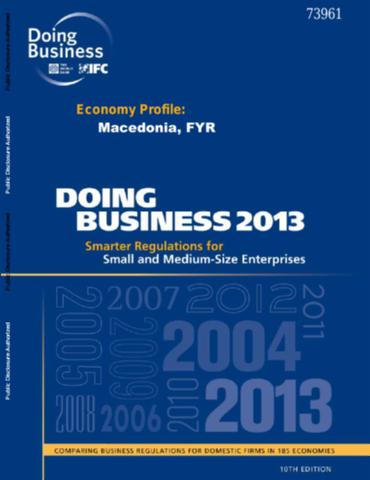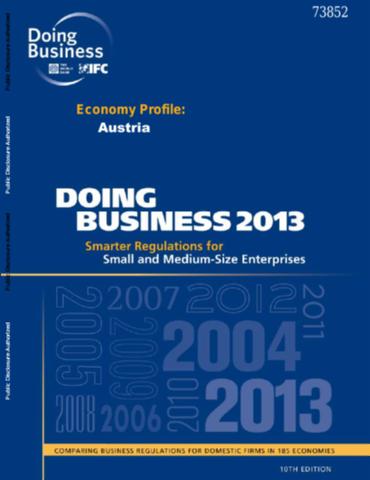Location
The World Bank is a vital source of financial and technic
IFC, a member of the World Bank Group, is the largest global development institution focused exclusively on the private sector in developing countries.
We utilize and leverage our products and services—as well as products and services of other institutions in the World Bank Group—to provide development solutions customized to meet clients’ needs. We apply our financial resources, technical expertise, global experience, and innovative thinking to help our partners overcome financial, operational, and political challenges.
Clients view IFC as a provider and mobilizer of scarce capital, knowledge, and long-term partnerships that can help address critical constraints in areas such as finance, infrastructure, employee skills, and the regulatory environment.
IFC is also a leading mobilizer of third-party resources for its projects. Our willingness to engage in difficult environments and our leadership in crowding-in private finance enable us to extend our footprint and have a development impact well beyond our direct resources.
Members:
Resources
Displaying 31 - 35 of 52Doing Business Economy Profile 2013
This tenth edition of Doing Business sheds light on how easy or difficult it is for a local entrepreneur to open and run a small to medium-size business when complying with relevant regulations. It measures and tracks changes in regulations affecting eleven areas in the life cycle of a business: starting a business, dealing with construction permits, getting electricity, registering property, getting credit, protecting investors, paying taxes, trading across borders, enforcing contracts, resolving insolvency and employing workers.
Doing Business Economy Profile 2013
This tenth edition of Doing Business sheds light on how easy or difficult it is for a local entrepreneur to open and run a small to medium-size business when complying with relevant regulations. It measures and tracks changes in regulations affecting eleven areas in the life cycle of a business: starting a business, dealing with construction permits, getting electricity, registering property, getting credit, protecting investors, paying taxes, trading across borders, enforcing contracts, resolving insolvency and employing workers.
Doing Business Economy Profile 2013
This tenth edition of Doing Business sheds light on how easy or difficult it is for a local entrepreneur to open and run a small to medium-size business when complying with relevant regulations. It measures and tracks changes in regulations affecting eleven areas in the life cycle of a business: starting a business, dealing with construction permits, getting electricity, registering property, getting credit, protecting investors, paying taxes, trading across borders, enforcing contracts, resolving insolvency and employing workers.
Doing Business Economy Profile 2013
This tenth edition of Doing Business sheds light on how easy or difficult it is for a local entrepreneur to open and run a small to medium-size business when complying with relevant regulations. It measures and tracks changes in regulations affecting eleven areas in the life cycle of a business: starting a business, dealing with construction permits, getting electricity, registering property, getting credit, protecting investors, paying taxes, trading across borders, enforcing contracts, resolving insolvency and employing workers.
Doing Business Economy Profile 2013
This tenth edition of Doing Business sheds light on how easy or difficult it is for a local entrepreneur to open and run a small to medium-size business when complying with relevant regulations. It measures and tracks changes in regulations affecting eleven areas in the life cycle of a business: starting a business, dealing with construction permits, getting electricity, registering property, getting credit, protecting investors, paying taxes, trading across borders, enforcing contracts, resolving insolvency and employing workers.







